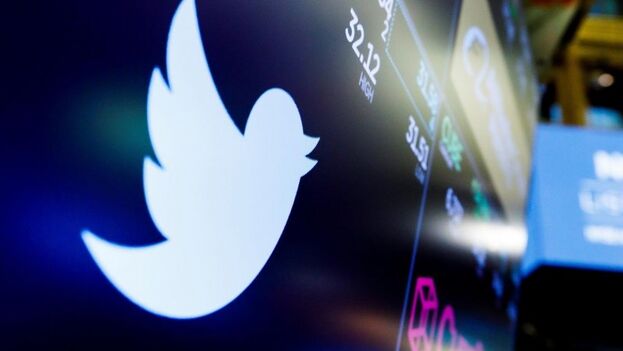
![]() 14ymedio, Yoani Sánchez, Generation Y, Havana, 30 April 2022 — Will it fly higher or crash to the ground? The question about the future of Twitter had been around us for some time, but after the announcement that Elon Musk bought the social network for approximately 44, billion dollars, the question has gained strength. It is not only a virtual space for celebrities and politicians, but it is also the loudspeaker and protective shield of thousands of activists and journalists in the world.
14ymedio, Yoani Sánchez, Generation Y, Havana, 30 April 2022 — Will it fly higher or crash to the ground? The question about the future of Twitter had been around us for some time, but after the announcement that Elon Musk bought the social network for approximately 44, billion dollars, the question has gained strength. It is not only a virtual space for celebrities and politicians, but it is also the loudspeaker and protective shield of thousands of activists and journalists in the world.
I have had an account on the blue bird for 14 years, I joined in the summer of 2008 when Jack Dorsey’s legendary tweet, in which he wrote “Just setting up my twttr,” was revered as the initial branch of a nest that could shelter us all. Since then, first with 140 characters and later with the current 280, its trill has saved me from some horrors and has helped me tell the story of my country.
The first time that the official Cuban press mentioned Twitter, it defined it as “a technology created by the Central Intelligence Agency (CIA, for its acronym in English).” As with any new phenomenon, the propagandists of Castroism opened fire against something they did not understand but believed to be ephemeral. Their rejection on the one hand and the need for independent activists and journalists to have an immediate publication tool, on the other, marked the flight over the Island of those blue wings.
Twitter had an anti-establishment character from the initial moments when it began to be used by Cubans. When the Plaza de la Revolución understood its true scope, the opposition groups, the alternative media and the most critical citizens had been posting tweets for months or years. Then the Communist Party of the Island also landed in the network it had renounced until recently.
That arrival of the official hosts to the network was marked by slogans repeated with formality and zero spontaneity, the creation of bots that were dedicated to harassing dissidents, and the provisioning of an entire army of cyber police officers who supervised who crossed the line with criticism of the government. Such practices have been detected by the San Francisco giant, which has frequently responded with suspensions of fake accounts and other reprimands for official threats against defenseless citizens.
The story I just told is repeated in almost any country under an authoritarian regime, with some extreme examples like China, where Twitter can hardly say a peep due to the ironclad censorship prevailing in the Asian nation. Other dictatorships, moreover, have gone from initial rejection to an attempt to use the service for their propaganda and intimidation purposes. With the new change of owner of the company, the big question is whether it will be easier for these tyrannical models to achieve their goal or, on the contrary, they will not be able to continue with their dirty digital tricks.
The richest man in the world now faces a challenge. He has promised that he will make Twitter a “better than ever” space for freedom of expression, but he has acquired the virtual world inhabited by more than 300 million identities, many real and a good part apocryphal or declared fictitious. Beyond celebrities, billionaires and presidents, the question that the most vulnerable users have is whether the blue bird will continue to carry our voice far: to the heights where a short tweet can stop the coup, open the locks of a cell or prevent the coup de grace.
________
This column was initially published in Deutsche Welle for Latin America.
____________
COLLABORATE WITH OUR WORK: The 14ymedio team is committed to practicing serious journalism that reflects Cuba’s reality in all its depth. Thank you for joining us on this long journey. We invite you to continue supporting us by becoming a member of 14ymedio now. Together we can continue transforming journalism in Cuba.
